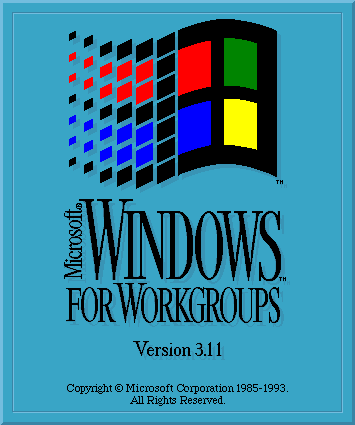QOTD: Are You Going Windows 7 from Vista or XP?
When there's a major Windows release, users and companies face two major problems: software compatibility, and hardware compatibility.
The learning curve for upgrading to a new Windows environment has never been steep, except from the transition between Windows 3.x to Windows 95. However, hardware upgrades have always been a major determining factor on how fast the upgrade pick-up is on a new Windows build. Driver support and compatibility play critical roles. This is one of the primary reasons why large businesses take a long time to do OS migrations.
Then there's the software aspect. Users have to wait for software vendors to retool or update applications. If you've ever had your favorite app broken by a new Windows install--or even an update--you know it can be pain.
With Windows Vista however, Microsoft clearly created a divide. Many users chose to stay on Windows XP while some were early adopters and quickly changed to Vista. Either way, Windows 7 must now try to support both an upgrade from Windows XP and Windows Vista. Thanks to city_zen for today's QOTD suggestion.
The question of the day is: Are you upgrading to Windows 7 from Vista or from XP?
Maybe you don't want to upgrade at all.
Get Tom's Hardware's best news and in-depth reviews, straight to your inbox.
-
kamel5547 @tuannguyen: except 7 isn't really a major release, its more of a rehash of Vista. Much like Win 98 wasn't a major release.Reply
I'll be moving on from Vista to 7 (good excuse for a new build :) ), but we're still on XP at work, and I expect we'll stay for a bit longer. We definitely won't be visting Vista ever... -
derek2006 I was using Vista and really liked it. I just installed win7 to try it a few days ago and it deactivated my Vista. Online activation gives me the error 0x88008EFE. Tried phone activation and my call would be dropped after 5 minutes of waiting. Pissed me off. So to answer your question, I am sticking with windows 7 RC1 already.Reply -
frozenlead From Vista. It's really an excellent OS (just wasn't so at launch). The university is on Vista, too, and I'll be helping them upgrade.Reply -
7amood From XP to 7Reply
I never decided to go Vista... but after all what I've seen regarding 7
I think it's worth it. -
icepick314 i WILL switch to Win 7 from Vista 64 myself...Reply
but it won't be right away...i'll wait till SP 1 for Win 7 comes out...
i did same thing when i upgraded from Windows XP to Vista 64... -
mattblum Not going to upgrade my Vista laptop. Thing is far slower than I like, and I don't want to risk making it any slower. I will try Win 7 on the next box I build. The current XP main box is getting Linux.Reply -
Nik_I i went from vista x64 to windows 7 beta, and then to RC1, and eventually upgrade to the final.Reply -
afrobacon XP to W7Reply
I've tried vista a few times, we just didn't 'click'. With W7 it was love at first sight, I can see a long fulfilling relationship; at least until I get bored with it and start looking at other OS's.
